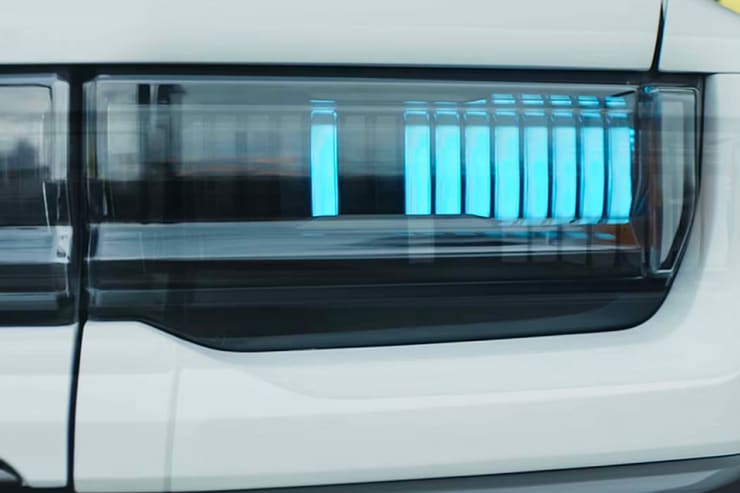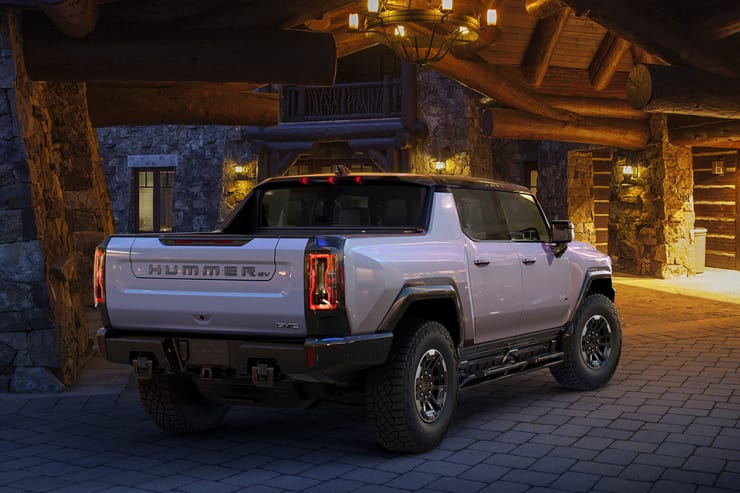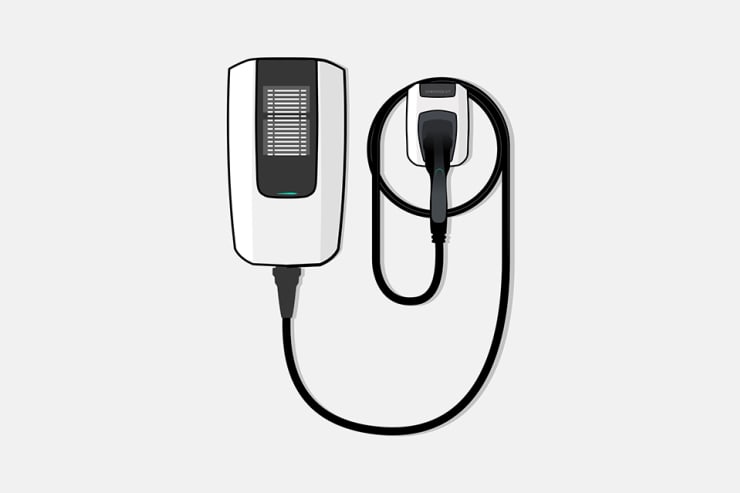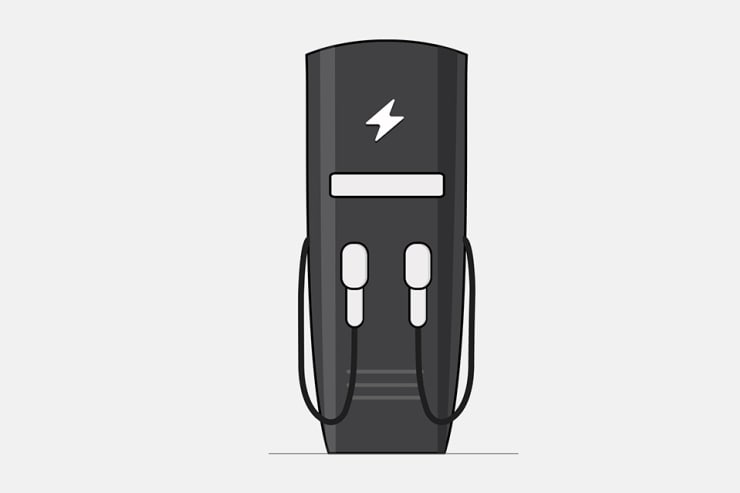




UNDERSTANDING THE CHARGING CAPABILITY OF YOUR DESIRED EV
• You can charge your EV at level 1 (up to 3 kW) with a 16 Amp, 3-pin, single-phase industrial socket professionally installed. However, this will only provide trickle charge which is much slower than level 2 [AC Charging] and level 3 [DC fast charging].1
• Identify what is the maximum power at which your desired EV can charge for level 2 (AC Charging). This will allow you to consider the appropriate home charging options.
○This could be single phase (up to 7 kW)
○Three phase (up to 11 kW)
○Three phase (up to 22 kW)
• Identify if your desired EV can be charged at level 3 (DC fast charging) and at which maximum power rating. This will allow to you consider the appropriate public chargers that you can use.
UNDERSTANDING CHARGING OPTIONS FOR YOUR HOME2
• If you reside in a villa or townhouse, most likely you would be able to install a level 2 charger in your garage
○ The compound engineer or a certified installer would be able to check the electrical distribution board of your house to determine the available power for the EV charger to safely consume
○ Based on the availability of power you would be able to decide whether a single phase or three phase AC charger can be safely installed along with its specific electrical power capacity
• If you reside in an apartment, you may want to check the following:
○ Does the apartment building/tower already have chargers installed
○ Are there any public chargers nearby for your regular usage
○ If none of the above two points apply, then you may want to inquire with the building/tower management to see if you can install a charger for your use
○ This will allow you to consider the appropriate public chargers that you can use.


HOME CHARGING
PUBLIC CHARGING

UNDERSTANDING THE CHARGING CAPABILITY OF YOUR DESIRED EV
• All EVs can be charged at level 1 with a household electrical socket. However, this will only provide trickle charge which is much slower than level 2 (AC charging) and level 3 (DC fast charging).1
• Identify what is the maximum power at which your desired EV can charge for level 2 (AC Charging). This will allow you to consider the appropriate home charging options.
○This could be single phase (up to 7 kW)
○Three phase (up to 11 kW)
○Three phase (up to 22 kW)
• Identify if your desired EV can be charged at level 3 (DC fast charging) and at which maximum power rating. This will allow to you consider the appropriate public chargers that you can use.

UNDERSTANDING CHARGING OPTIONS FOR YOUR HOME2
• If you reside in a villa or townhouse, most likely you would be able to install a level 2 charger in your garage
○ The compound engineer or a certified installer would be able to check the electrical distribution board of your house to determine the available power for the EV charger to safely consume
○ Based on the availability of power you would be able to decide whether a single phase or three phase AC charger can be safely installed along with its specific electrical power capacity
• If you reside in an apartment, you may want to check the following:
○ Does the apartment building/tower already have chargers installed
○ Are there any public chargers nearby for your regular usage
○ If none of the above two points apply, then you may want to inquire with the building/tower management to see if you can install a charger for your use
○ This will allow you to consider the appropriate public chargers that you can use.

HOME CHARGING

PUBLIC CHARGING

DO'S

DONT'S
DO'S
DONT'S
DISCLAIMERS
1. Home charging time limited to level 1 (up to 3 kW) due to 16A current limitation by KSA regulation. If grid capacity available, the Hummer EV can charge at 32A with power up to 22 kW at home.
2. Different areas and communities may have different rules/regulations. Please check with your local community management for eligibility to install a charger.
3. The dual level charge cord set is capable of charging only up to 7 kW power when set to level 2 charging.
4. A home charger wall box set can charge up to 22 kW depending on the specific product that you have selected to install – please check the charger specifications before you decide on your home charger.
5. Actual charger power output may vary depending on battery condition, ambient temperature, battery temperature, power supply, battery state of charge, etc.
6.Stated best practices and recommendations are not the only contributors to achieving optimal performance.
Other factors may affect battery life and overall EV performance such as driving style, temperature, frequency of charging, drive terrain etc.



